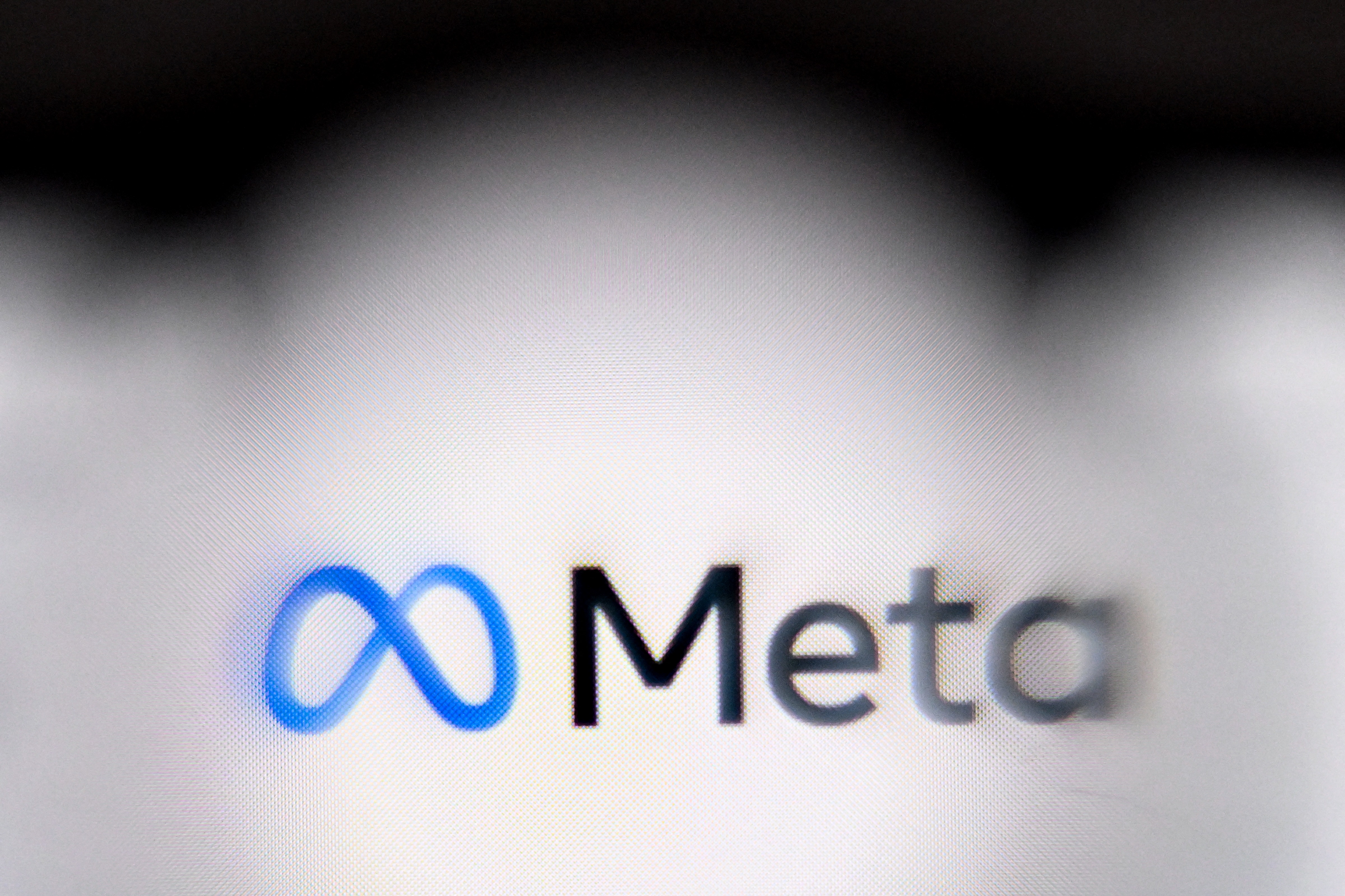
Meta Platforms Inc is suing a Hong Kong-based business for allegedly promoting so-called nudify apps, as the Facebook owner attempts to combat a surge in naked and sexual images created by artificial intelligence.
The tech giant said it filed a lawsuit in Hong Kong to stop Joy Timeline HK Ltd from allegedly advertising CrushAI apps on Meta platforms. The apps allow people to create AI-generated nude or sexually explicit images of individuals without their consent, Meta said in a post on its website Thursday.
READ MORE: Meta vows to curtail false content, deepfakes ahead of Australia election
The legal action is part of a broader crackdown on online non-consensual sexual images, which can be used for sextortion, blackmail and abuse. Meta, which also owns Instagram, said it will now share with other technology companies information about ads, accounts and content that have been removed for promoting nudify apps.
In its post, Meta said it had noticed “concerning growth” in this area. “With nudify apps being advertised across the internet — and available in App Stores themselves — removing them from one platform alone isn’t enough,” Meta said. Joy Timeline didn’t immediately respond to a request for comment sent to its public email address.
Meta is under fire around the world for not doing enough to protect teenagers and young people. In Australia, a world-first ban on social media for under-16s will start this year, and other countries are tightening content oversight. But while Meta is fighting back against some fake, auto-generated material, it’s pushing deeper into artificial intelligence more broadly.
ALSO READ: Meta aims to fully automate ad creation using AI, WSJ reports
Advertisers promoting nudify apps are changing tactics to avoid being caught, according to Meta. Some use benign images to evade detection, while others swiftly create new domain names to replace blocked websites. In response, Meta said it has developed technology to identify such ads, even when they don’t include nudity.
In its Hong Kong lawsuit, Meta claims Joy Timeline repeatedly tried to circumvent ad review processes after they were removed for breaking Meta’s rules.


